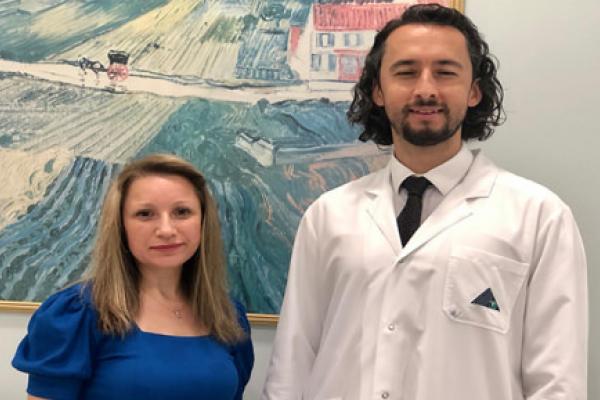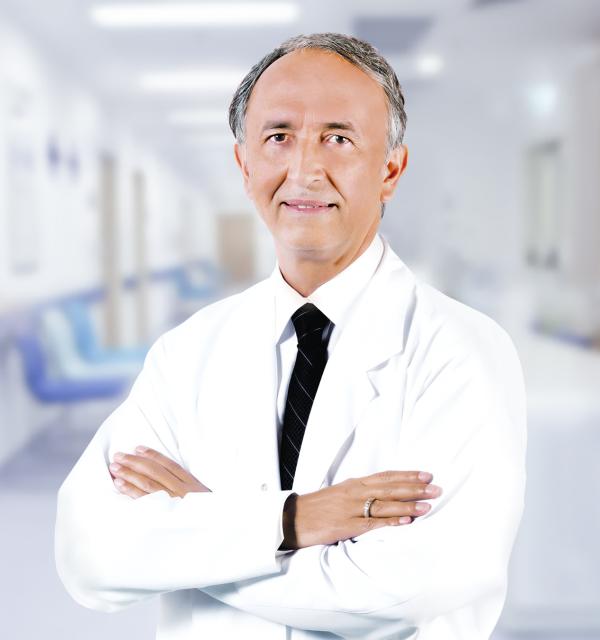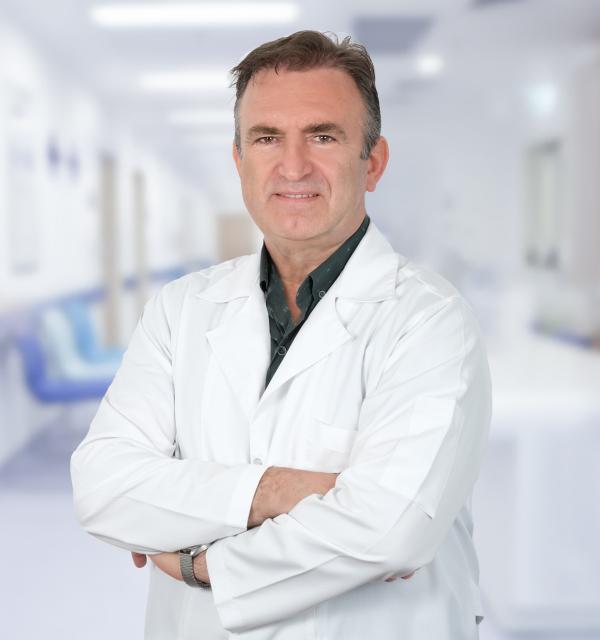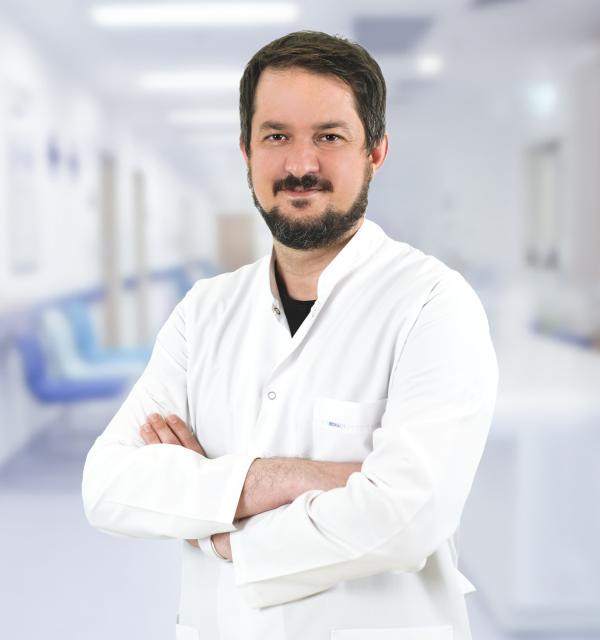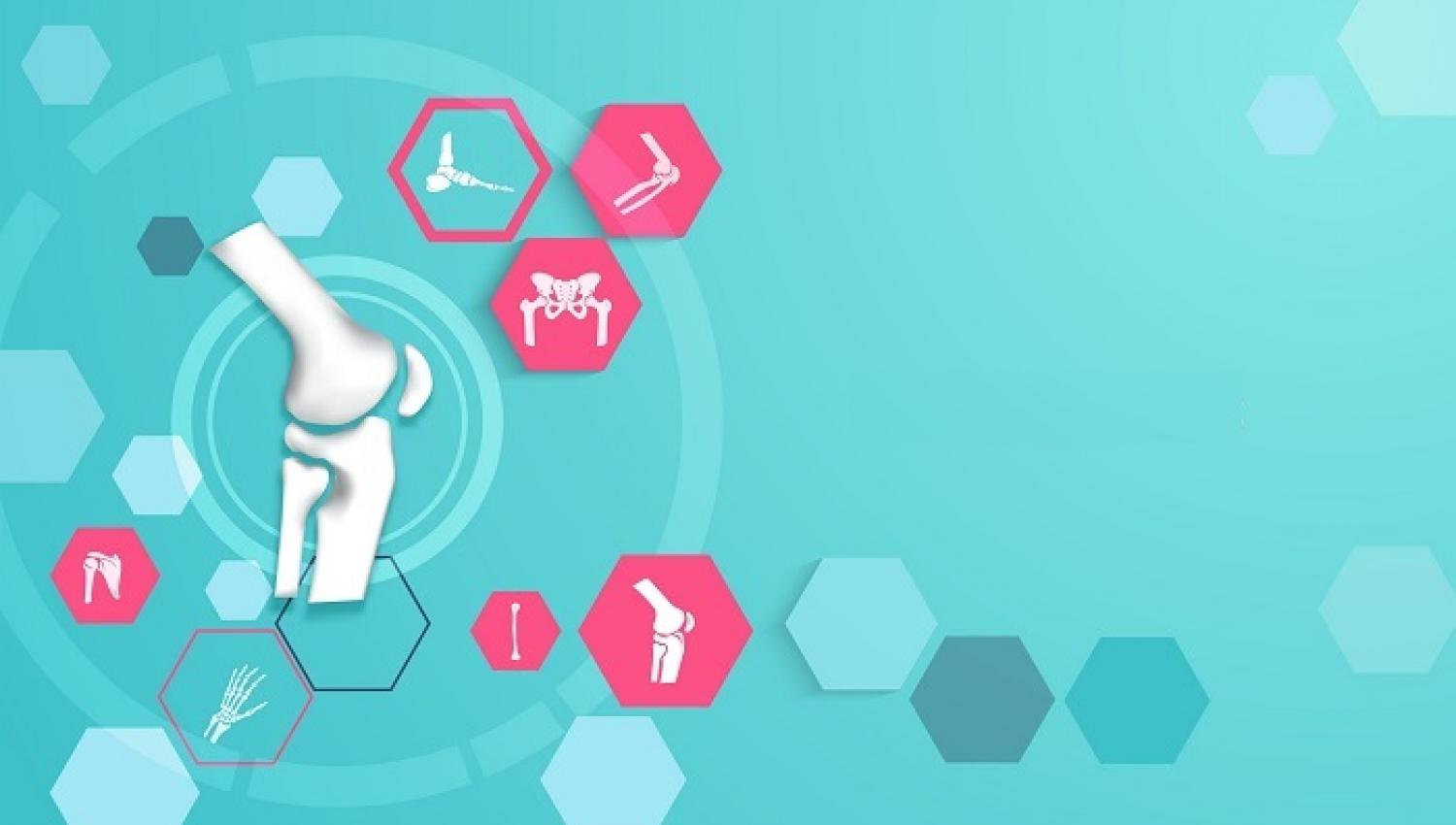Young Patient, Who Could Not Walk Due To Cartilage Damage, Recovered After Cartilage Transplant
Büşra Şükriye Şahin (41), a dental assistant, consulted a doctor in 2020 due to pain in her knee, which first affected her work life and then prevented her from walking. Şahin, whose complaints did not go away despite the treatments performed, underwent cartilage transplantation from the donor by Orthopedics and Traumatology specialist Prof. Dr. Gökhan Meriç and his team.
Büşra Şükriye Şahin, who had difficulty in continuing her daily life due to cartilage damage in her knee despite her young age, was able to return to her old life with a cartilage transplant from a donor. The transplant was performed by Yeditepe University Hospitals Orthopedics and Traumatology Specialist Prof. Dr. Gökhan Meriç and his team.
"I Had Difficulty Even Walking on a Regular Road"
Şahin, who works as a dentist assistant, stated that severe knee pain that started in 2020 first affected her work life and then her walking and shared her experiences as follows: "While I did not take the pain seriously at first, it started to affect both my daily life and my working order. So much so that I could no longer walk on a straight road. When I climbed 10-15 stairs, my pain increased, and I could not walk. So I decided that I needed treatment. In 2021, a closed surgery was performed so that I could get through that period more comfortably. However, my pain did not completely end, and my complaints continued. As a result of our ongoing discussions with Prof. Dr. Gökhan Meriç, he stated that I was a suitable candidate for cartilage transplantation and explained the treatment. In the meantime, the search for a donor began and with the support of the Ministry of Health Tissue Transplantation Unit, a suitable donor was found, and the transplant was performed."
"Our Patient Had Extensive Cartilage Damage in the Kneecap"
Stating that the health of Şahin, who returned to her normal life in a short time after the surgery, is now very good, Prof. Dr. Gökhan Meriç explained the process as follows: "Our patient, who is a nurse, applied to us 2 years ago with the complaint of severe pain in her knee, especially when going up and down the stairs. In our first examinations, we found that our patient had large cartilage damage in her kneecap. Since she had not received any treatment before, we first applied exercise and injection therapy, but the pain did not go away. Then we performed a closed surgery to revitalize and heal the cartilage. In this process, we realized that although the patient's complaints decreased, the pain did not completely go away. She still had difficulty doing her daily work. Since our patient was young, the cartilage damage was located in the large part of the knee and other treatments were not as successful as we wanted, we planned to transplant fresh cartilage to our patient.
"I Free to Move Now"
Stating that she completed the physical therapy process after the surgery, Şahin said "My physical therapy lasted about 3 weeks. Afterward, I started to walk comfortably with crutches. After the second month of my surgery, I returned to my professional life. Now I can stand, walk on the road, do my sports, and go swimming; in short, I can easily perform all my activities. I am happy to move freely."
"We aim to Maintain the Persistence of Cartilage"
Stating that cartilage transplantation is a tissue transplant just like organ transplantation, Prof. Dr. Gökhan Meriç gave the following information about the transplantation process: "Any donor can donate their tissues as well as their organs. We take the cartilage from these tissues, we do the tests, the storage and tests of the tissues are carried out in laboratories approved by the Ministry of Health, and we transplant the cartilage to the patients without losing their vitality. We aim to ensure the continuity of the cartilage and try to protect our patients as much as possible from larger surgical operations in the future."
"Cartilage Transplantation Can Prevent Severe Damage in the Future"
Stating that the chances of success of cartilage transplantation are quite high, Prof. Dr. Gökhan Meriç said, "Research also reveals that the 10-year survival rate of tissues is 80-85 percent. It is a treatment to prevent someone with cartilage damage at a young age from having severe cartilage damage that will require a prosthesis in the future. By replacing a certain part of the knee, we try to prevent serious damage to the entire knee in the future. However, it is not an alternative for patients with cartilage wear that is advanced enough to require prosthesis in the knee."
No Tissue Compatibility Needed
Prof. Dr. Meriç also touched on important issues related to tissue transplants, stating that tissue compatibility is needed in organ transplantation, but there is no need for this compatibility in the transplantation of tissues such as cartilage and continued his words as follows: "Because our cartilage is nourished by the joint fluid. Since it is not fed by blood, it cannot heal itself. Since it feeds on joint fluid, we do not need tissue compatibility or blood group compatibility in these patients. After cartilage transplantation, we do not give patients a drug treatment as is done in organ transplantation. After the treatment, we start painkillers or antibiotics and send them home."
"Transplanting Tissue, as well as Organs, is Also Crucial"
Underlining that organ transplantation is very important but tissue transplantation is just as important as organ transplantation, Orthopedics and Traumatology specialist Prof. Dr. Meriç said, "There are people who need these tissues, cartilage tissue. In this way, we can ensure that people who suffer from knee pain or joint pain at a young age, who cannot do their daily work, and for whom other treatment methods cannot be used, can continue their daily life, reduce their pain and work by taking those tissues. Therefore, we say that tissue transplantation is also important along with organ transplantation and we ask people to donate their tissues when they donate their organs."
”
